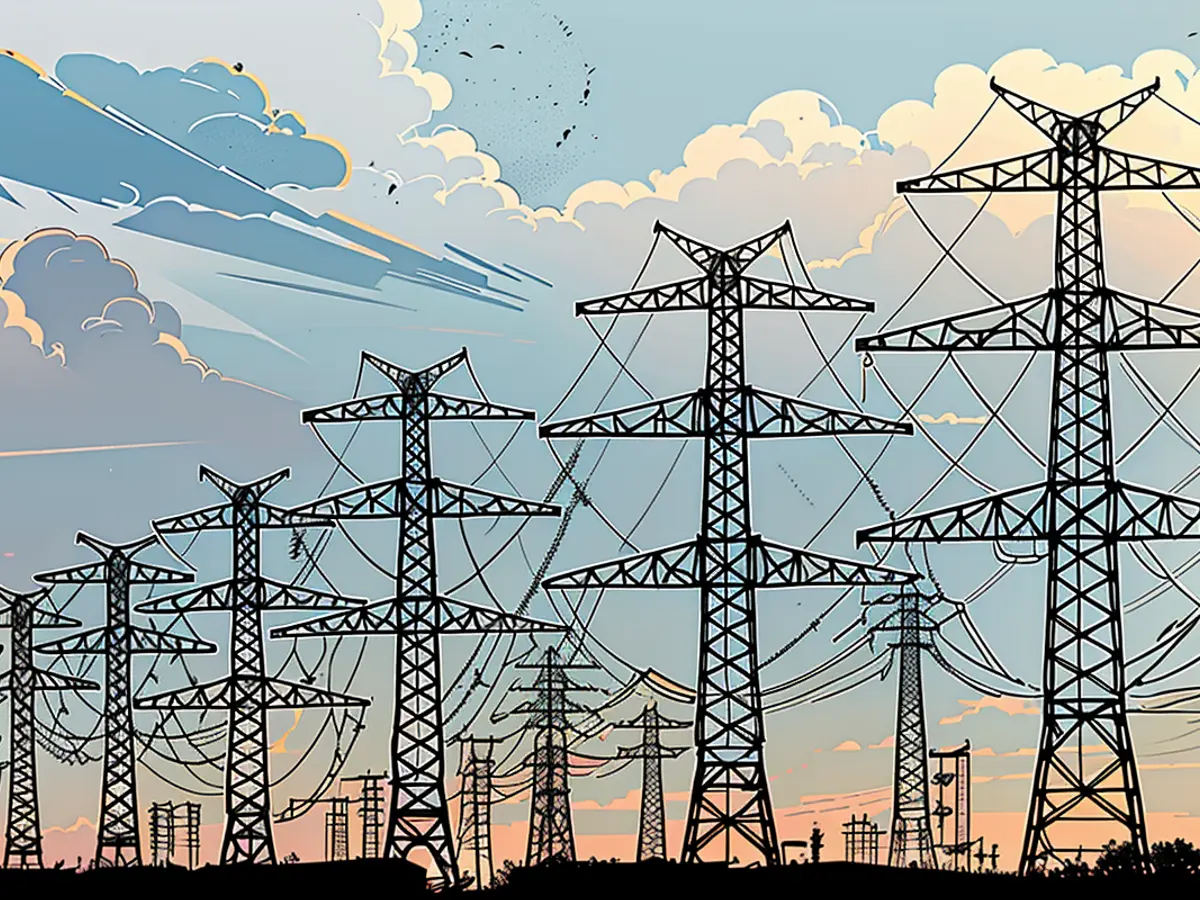The federal administration struggles with funding the German Tennet power grid system.
The energy transition relies heavily on the functionality of power grids, with upgrades and enhancements coming at a hefty price tag. However, the Dutch network operator Tennet aims to offload its German grid to the federal government, but the three-party coalition government seems reluctant.
The negotiations between Tennet Holding and the KfW state development bank, acting on behalf of the Federal Republic of Germany, over a full takeover of Tennet Germany have hit a stumbling block. Tennet revealed that these negotiations have failed, with the federal government citing budget constraints as the reason for their inability to proceed with the planned transaction.
Now, Tennet is exploring alternative financing avenues. As they've announced, Tennet Holding is planning to seek financing from public or private capital markets to find a long-term solution for its German operations. The federal government has expressed their willingness to back these alternative arrangements. Moreover, it was disclosed that Tennet would maintain its significant investment plans in both countries, and would continue to receive support from the Dutch state. The Dutch state recently provided Tennet with a loan of 25 billion Euros for the years 2024 and 2025.
Internal discussions within the federal government are currently underway regarding the draft budget for 2025 and medium-term financial planning. Multiple ministries are resistant to the budget proposals put forth by the Finance Ministry.
Sky-high costs for grid expansion
The Dutch state, being the owner of Tennet's parent company, finds the costs associated with expanded grid infrastructure in Germany unaffordable. Therefore, Tennet publicly expressed their wish for the Federal Republic of Germany to assume control of its German transmission network.
FDP energy politician Michael Kruse commented: "The Dutch decision to pull out of the German power grid serves as a clear warning sign. If even democracies are no longer prepared to invest in the German grid under the current conditions, then that speaks volumes about the current investment climate in Germany and underscores the urgent need for an economic turnaround."
Tennet ranks among the four German transmission network operators, managing the network in the largest of the four zones, which spans from the North Sea to the Austrian border. In the context of the energy transition, thousands of kilometers of new power lines must be built to facilitate the wind power generated primarily in the north and deliver it to large consumption centers in the south. This comes at a cost of billions. Tennet acquired the German portion of its network from Eon in 2010.
Read also:
The energy transition in Germany relies on the improvement of power grids, which can be expensive, aligning with the Federal Government's challenge in funding the Tennet power grid system. Despite Tennet seeking to transfer its German grid to the Federal Government, the coalition government has shown resistance due to financial constraints.
The energy politician Michael Kruse from the FDP emphasizes the need for an economic turnaround in Germany, as the high costs associated with grid expansion in Germany have led the Dutch state to consider offloading its stake in Tennet's German grid.








